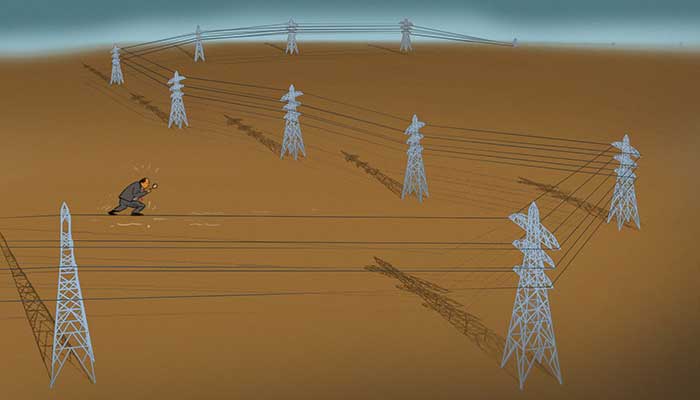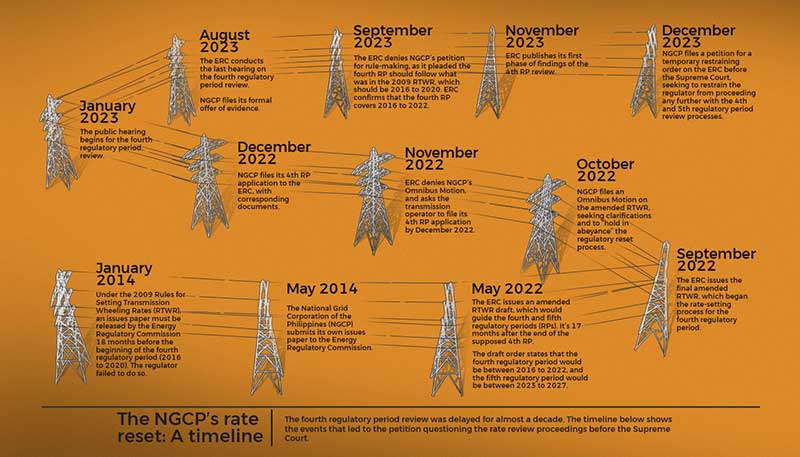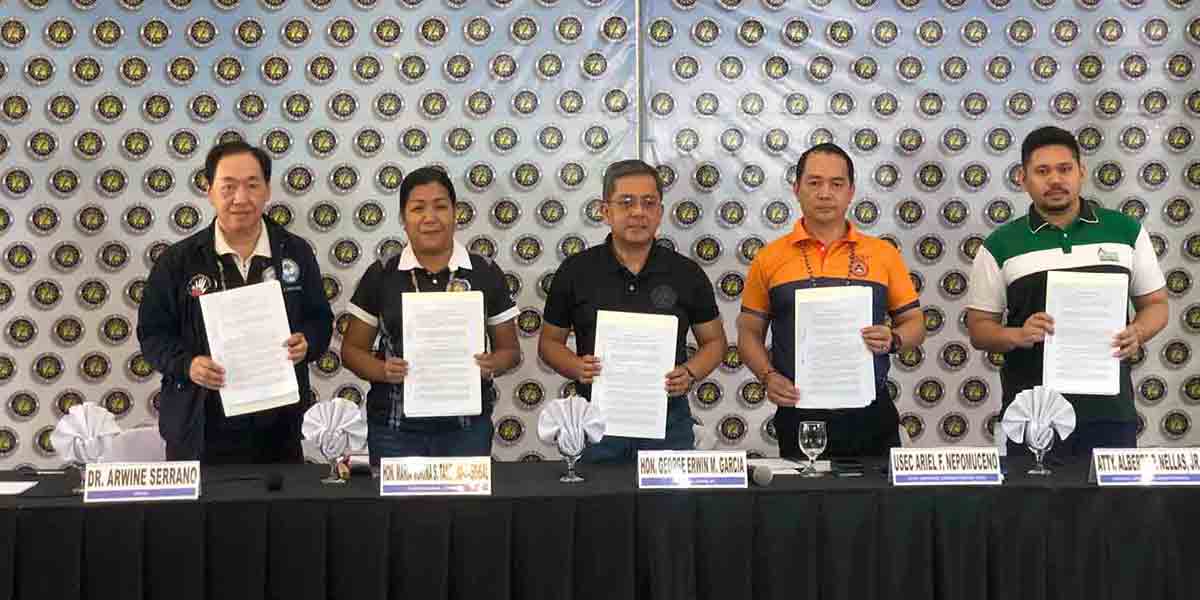By Elyssa Lopez
Philippine Center for Investigative Journalism

The Supreme Court petition filed by the National Grid Corporation of the Philippines (NGCP) to halt a long-delayed review of its rates could keep power costs high and delay potential refunds to consumers.
NGCP is a private monopoly that operates the country’s power transmission lines — the grid — linking power generators to distribution utilities such as Meralco and electric cooperatives nationwide. Costs incurred by the NGCP are passed on to consumers as part of their electric bills, accounting for about 10% of the total bill based on estimates.
The NGCP suffered a setback in November last year when the Energy Regulatory Commission (ERC), in a preliminary review of its rates from 2016 to 2022, the fourth regulatory period (RP), cut its allowable expenditures by half.
The amount included disallowances worth P3.7 billion, which were spent for public relations and advertising costs, among others, that ERC said should not be charged to consumers.
Senators have been among the most vocal in calling for the ERC to order refunds to consumers.
But the NGCP questioned before the Supreme Court new rules adopted by the ERC when it reviewed the rates of the transmission operator. It sought a temporary restraining order (TRO) on the ERC proceedings.
NGCP lawyer Jerome Versoza announced this move in December 2023, as the ERC began proceedings for the fifth RP covering the years 2023 to 2027.
A TRO, if granted, would restrain “the honorable commission from continuing further proceedings with concern to the fourth RP application and the fifth RP application,” the NGCP lawyer said.
The fourth RP, covering the years 2016 to 2022, is the subject of the November preliminary review, whose final determination is expected in the first quarter of 2024. The fifth RP covers the current period, from 2023 to 2027.
Pete Ilagan, a consumer affairs advocate and former energy official, warned that a Supreme Court intervention would “delay the reset process, definitely.”
“But the bigger issue is the application for the fourth regulatory process is still pending, and it’s already past the period,” he said. “[It is] a clear case of regulatory failure.”
During the December 2023 hearing, ERC presiding officer, Maria Corazon Gines, took note of Versoza’s manifestation, but proceeded with the pre-trial for the fifth review as the Supreme Court had yet to act on the NGCP’s plea.
“As there is still no TRO or preliminary injunction, then we will continue with the proceedings,” she said.
NGCP’s counsels stayed in the room but did not comment during the two-hour proceedings.
The details of the NGCP petition remain under wraps. News organizations including the Philippine Center for Investigative Journalism (PCIJ) have repeatedly sought a copy from NGCP, but were denied.
The PCIJ has also requested a copy from the ERC, but was refused. The regulator argued that the PCIJ was “not a party to the said case.”
“The ERC is enjoined to observe the sub judice rule (which restricts comments and disclosures pertaining to judicial proceedings), consequently, [we are] constrained to deny your FOI (freedom of information) request,” it wrote in a letter to the PCIJ.
NGCP has publicly questioned ERC’s preliminary review of its rates because the ERC — hobbled by internal issues and later on, the Covid-19 pandemic — changed the rules governing the review process.

The ERC review, called the “rate reset,” is normally forward-looking and akin to a budget process. The ERC approves NGCP’s annual revenue requirement or ARR from which it can charge its expenditures.
The original timeframe of the fourth regulatory period covered five years – from 2016 to 2020. The rate reset should have been done in 2015. However, a series of leadership changes in the ERC delayed the process.
ERC only started the review process in December 2022. ERC decided to look at NGCP’s actual expenses and added two more years to the fourth review period – 2016-2022 from the original 2016-2020 – to clear the backlog in time for the fifth review covering 2023 to 2027.























Comments are closed.